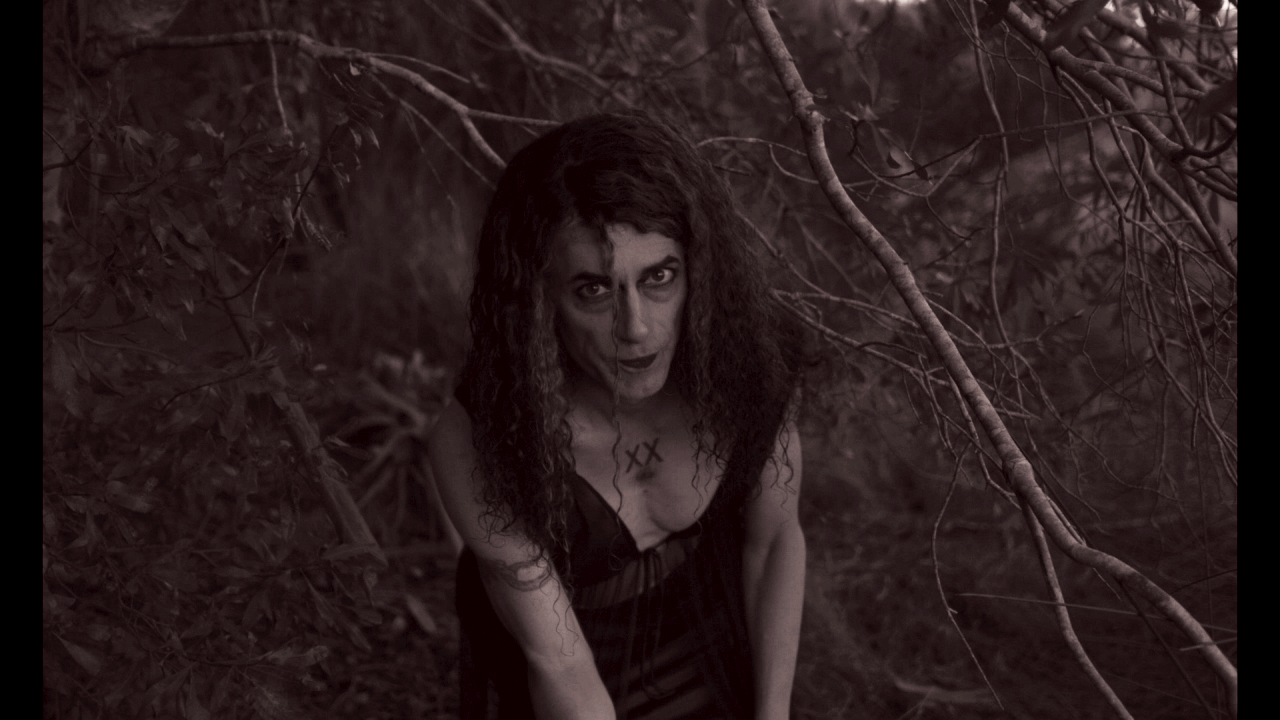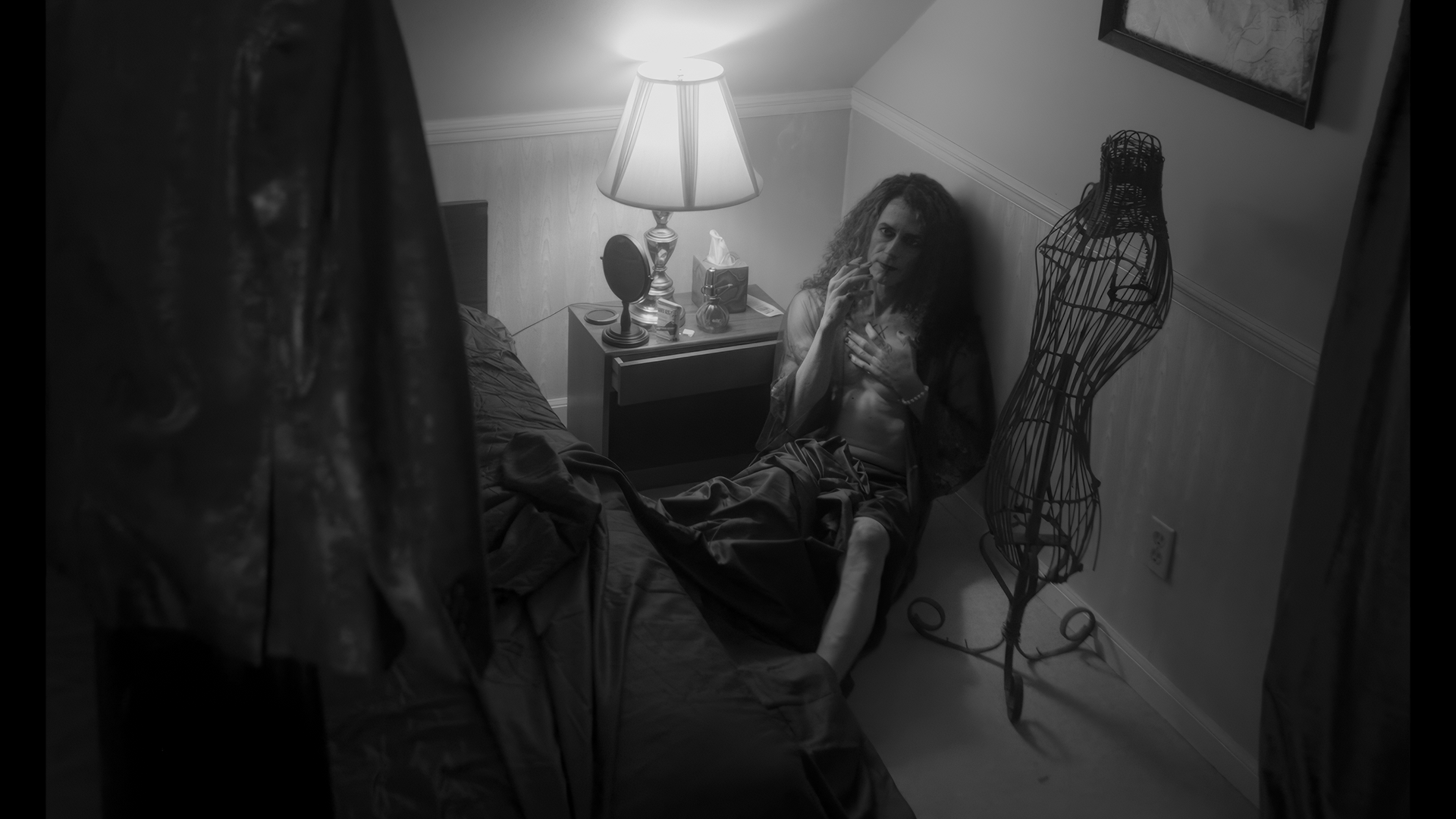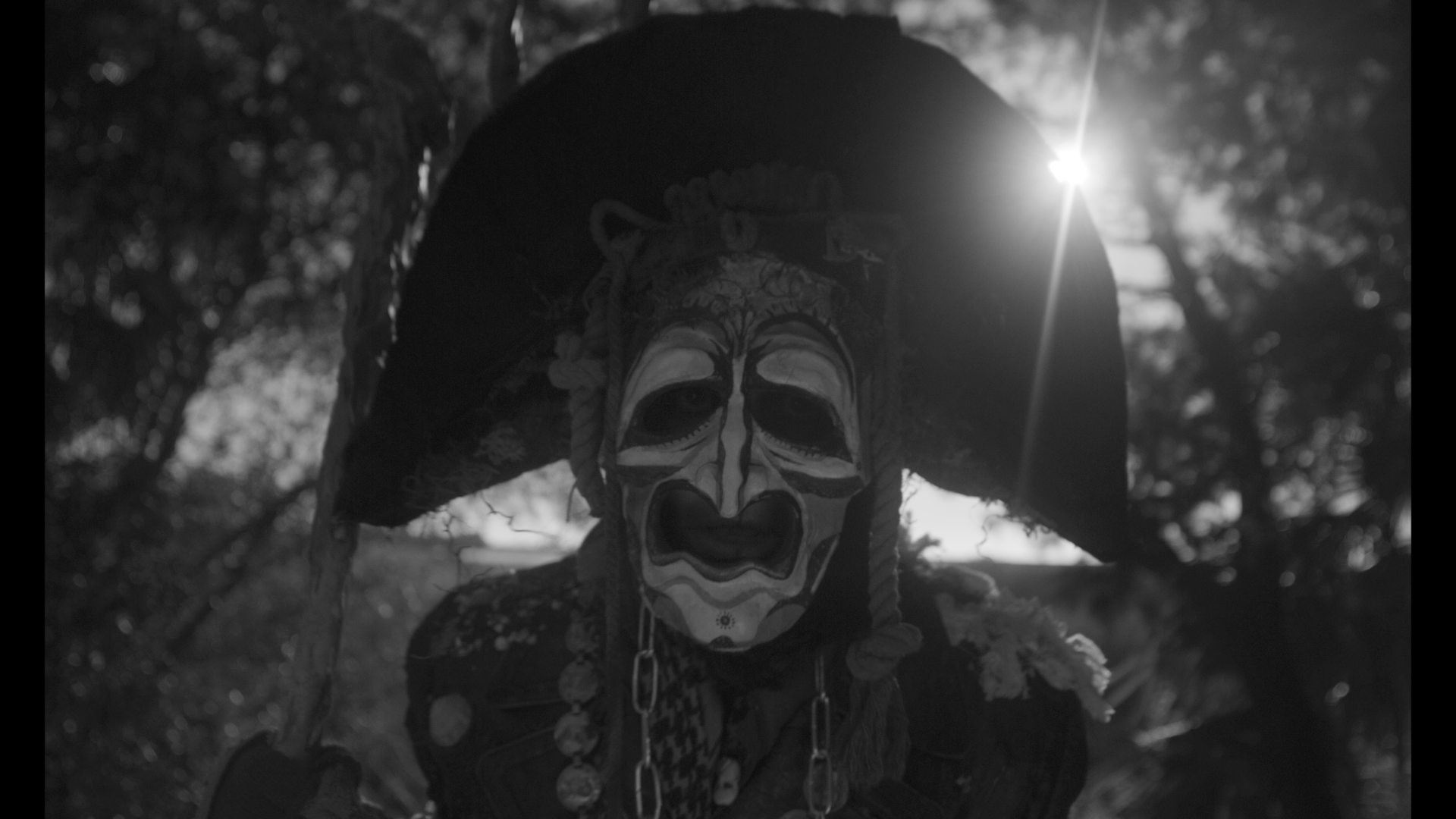
drama/musical/lgbt
A transgender suicide victim is washed ashore the River Styx. While paying the Ferryman’s toll, she must confront the womanhood she tried to leave behind.
starring jeff morris and ellia bisker
written and directed by zolomon zelko
produced by terese simone corbin
cinematography by max losson
production design by finley stein
edited by lauren mulé
music/lyrics/sound by zolomon zelko













songs from “photo play xx” a musical short film
music and lyrics by zolomon zelko
vocals performed by ellia bisker and jeff morris
drums performed by ian weir
demo vocals, banjo, fiddle, guitar, bass, clarinet, accordion, tzouras, foley percussion performed by zolomon zelko
vocals engineered by arman rezaian at WVFS radio, tallahassee
mixed and mastered by zolomon zelko



